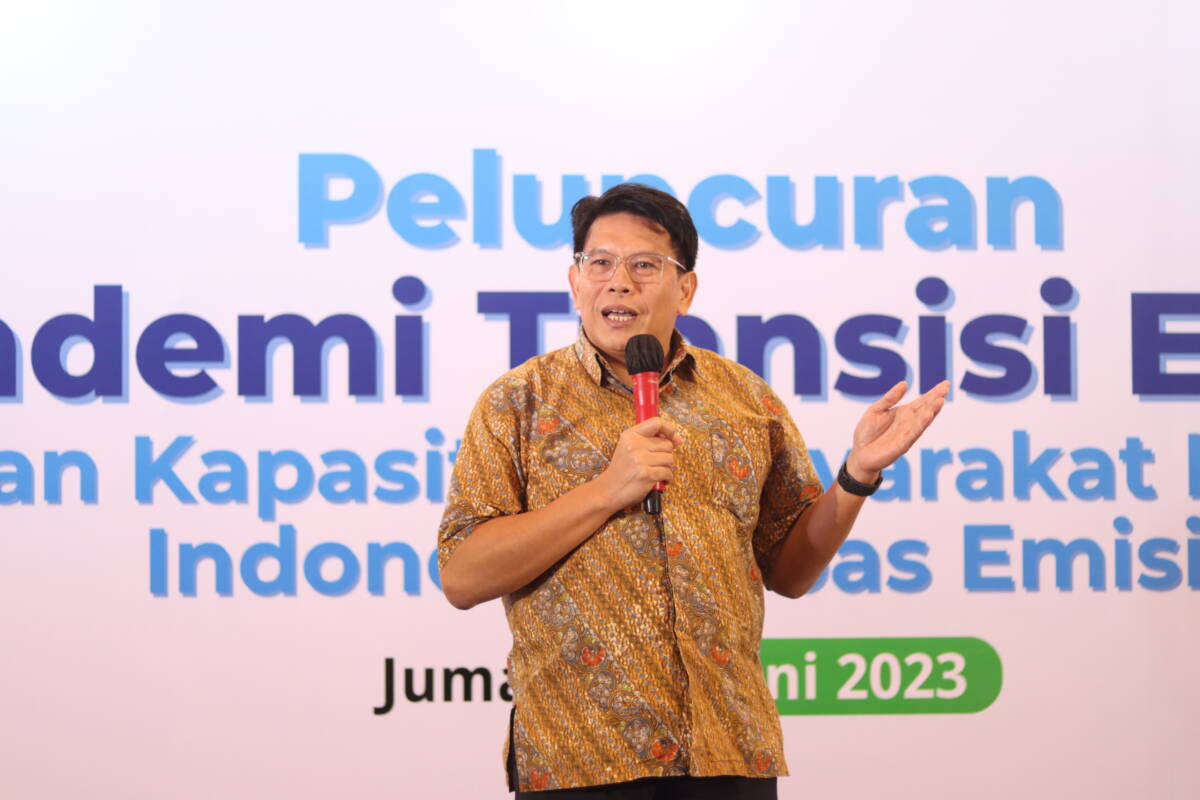
Government Needs to Ensure Strategy to Achieve Renewable Energy Target in RUPTL 2025-2034
Jakarta, May 27, 2025 – The Ministry of Energy and Mineral Resources (KESDM) has just ratified the PLN Electricity Supply Business Plan (RUPTL) 2025–2034 on... Read more.

Optimizing Profitability in shared use of the Transmission Network for Renewable Energy
Jakarta, April 29, 2025 – The government has issued the 2025 National Electricity General Plan (RUKN), setting a target for the renewable energy mix in ... Read more.
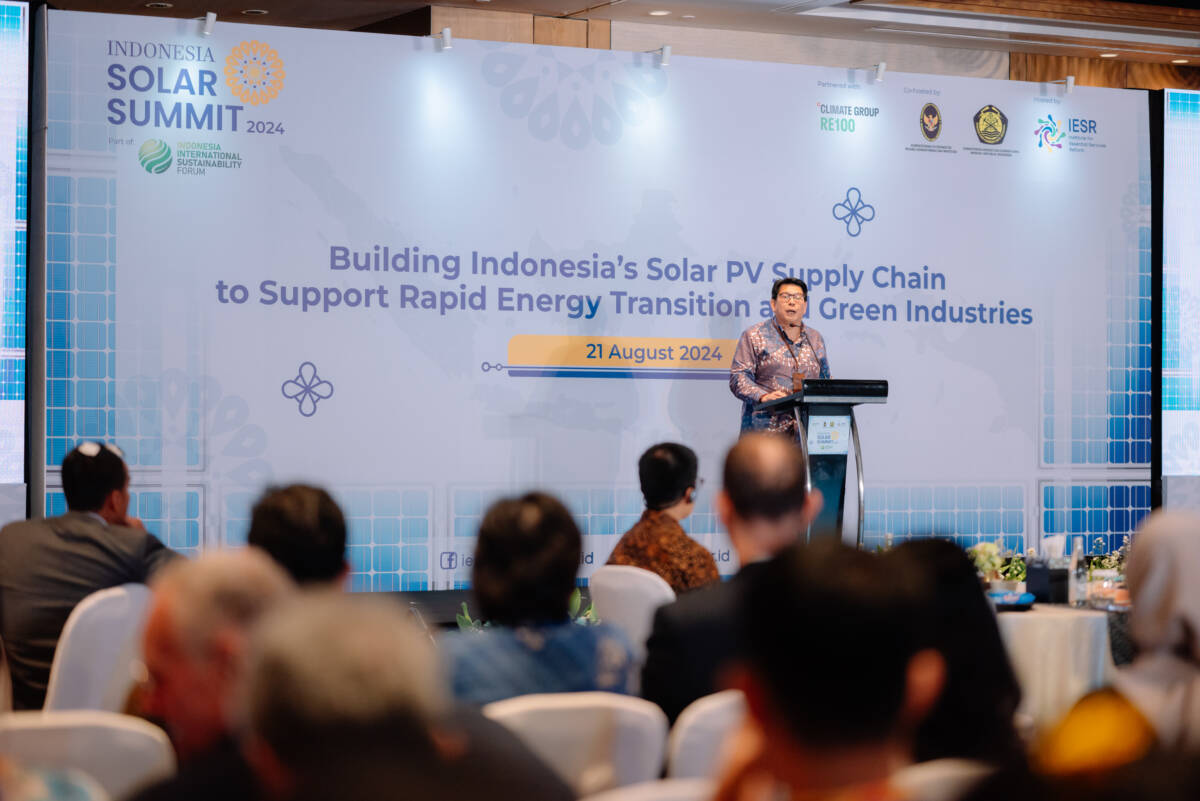
The Commencement of the Electricity Transition Journey Towards Net-Zero Emission
Jakarta, April 23, 2025 – The Minister of Energy and Mineral Resources (ESDM), Bahlil Lahadalia has issued ESDM Regulation No. 10/2025 concerning the Road... Read more.
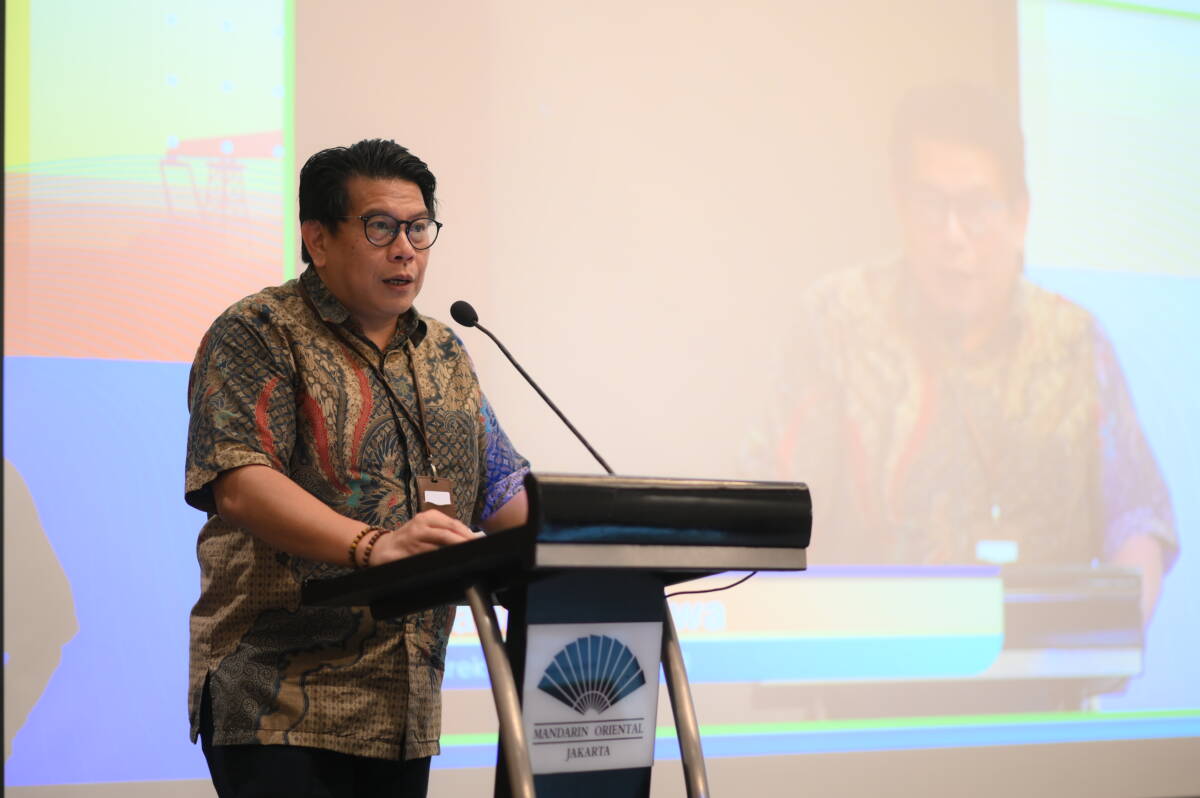
75 Years of Indonesia-China Relations: Promoting New Partnership to Accelerate Energy Transition and Green Growth
Jakarta, April 17, 2025 – Indonesia and China have just celebrated 75 years of diplomatic relations. Official diplomatic relations between Indonesia and C... Read more.

Optimizing Renewable Energy Connectivity in ASEAN
Jakarta, April 16, 2025 – Energy security that supports emissions reduction must become a primary focus in developing cross-border electricity connectivit... Read more.
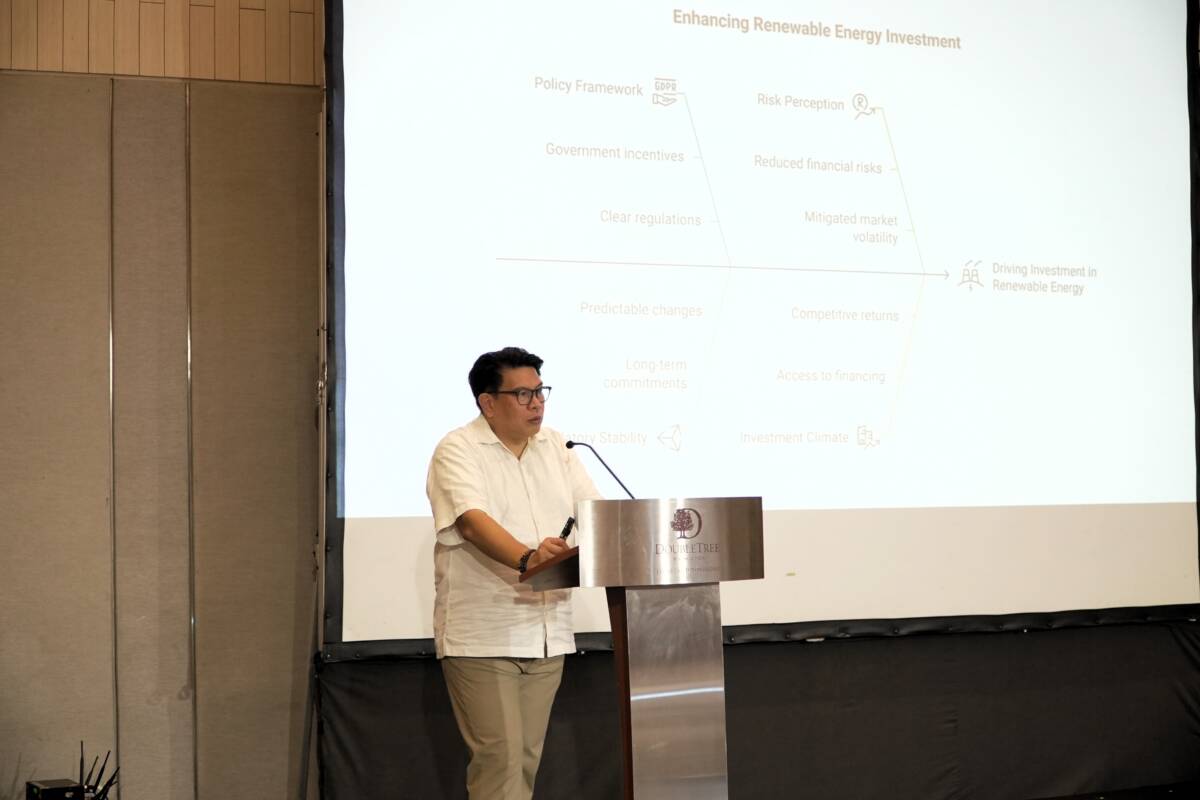
IESR Initiates Community to Accelerate Indonesia’s Green Hydrogen Development
Jakarta, March 27, 2025 – Utilizing green hydrogen will help Indonesia achieve its net zero emission (NZE) target by 2060 or sooner through its use in the... Read more.
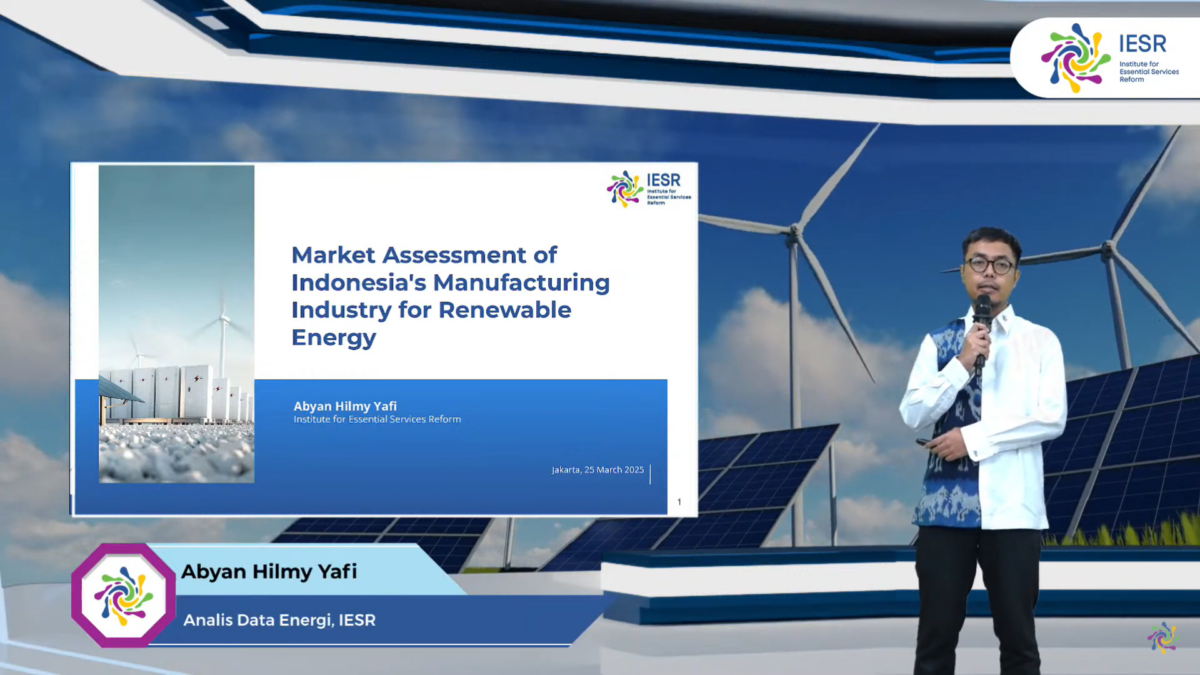
Development of Renewable Energy Manufacturing Industry Has Economic Potential of IDR 8,824 Trillion by 2060
Jakarta, March 25, 2025 – The National Electricity General Plan (RUKN) published at the end of 2024 targets that of the 444 GW of energy generation capaci... Read more.
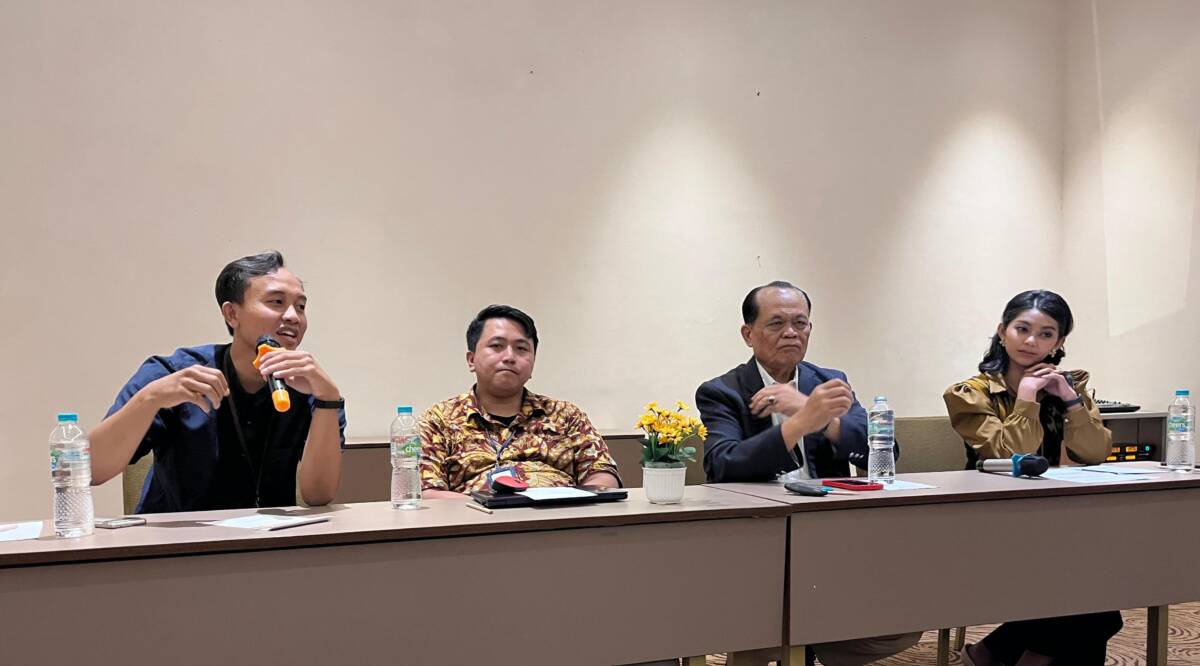
Attracting Energy Transition Investment Opportunities Through 333 GW of Potential Financially Viable Renewable Energy Projects
Jakarta, March 26, 2025 – Indonesia has committed to achieving net zero emission (NZE) by 2060 or sooner. In 2022, Indonesia agreed to the USD 20 billion ... Read more.
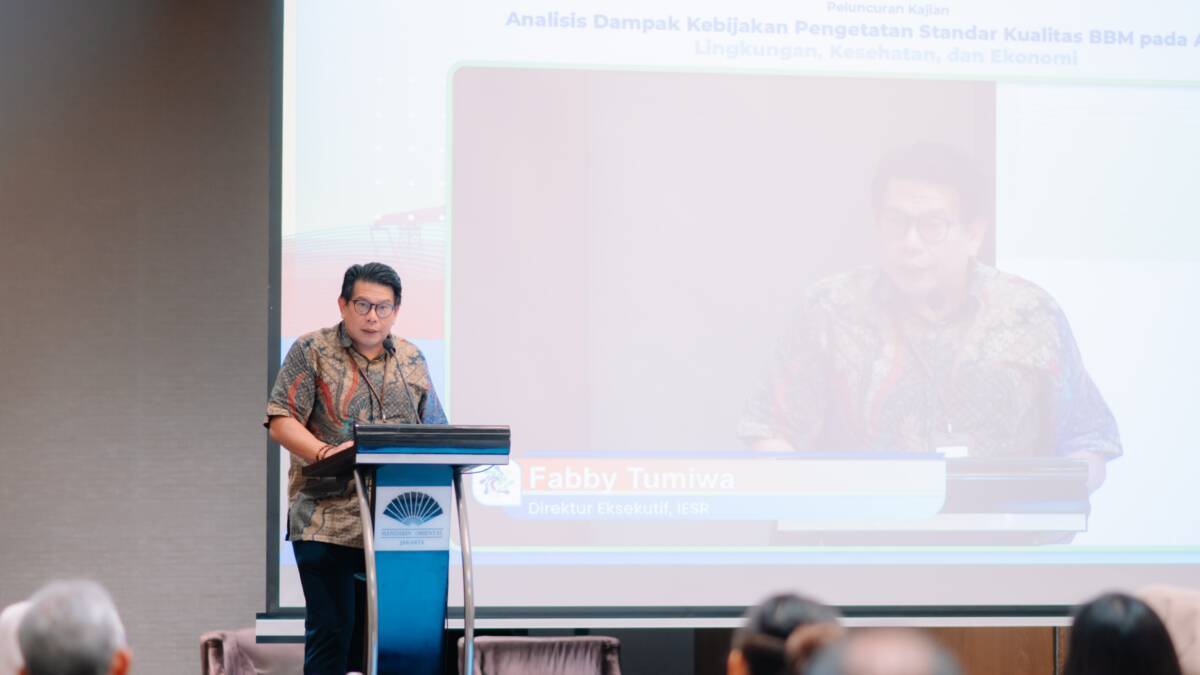
Energy Transition Task Force Expected to Accelerate Energy Transition and Industrial Decarbonization
Jakarta, March 21, 2025 – The Institute for Essential Services Reform (IESR) welcomes and appreciates the establishment of the Energy Transition and Green... Read more.
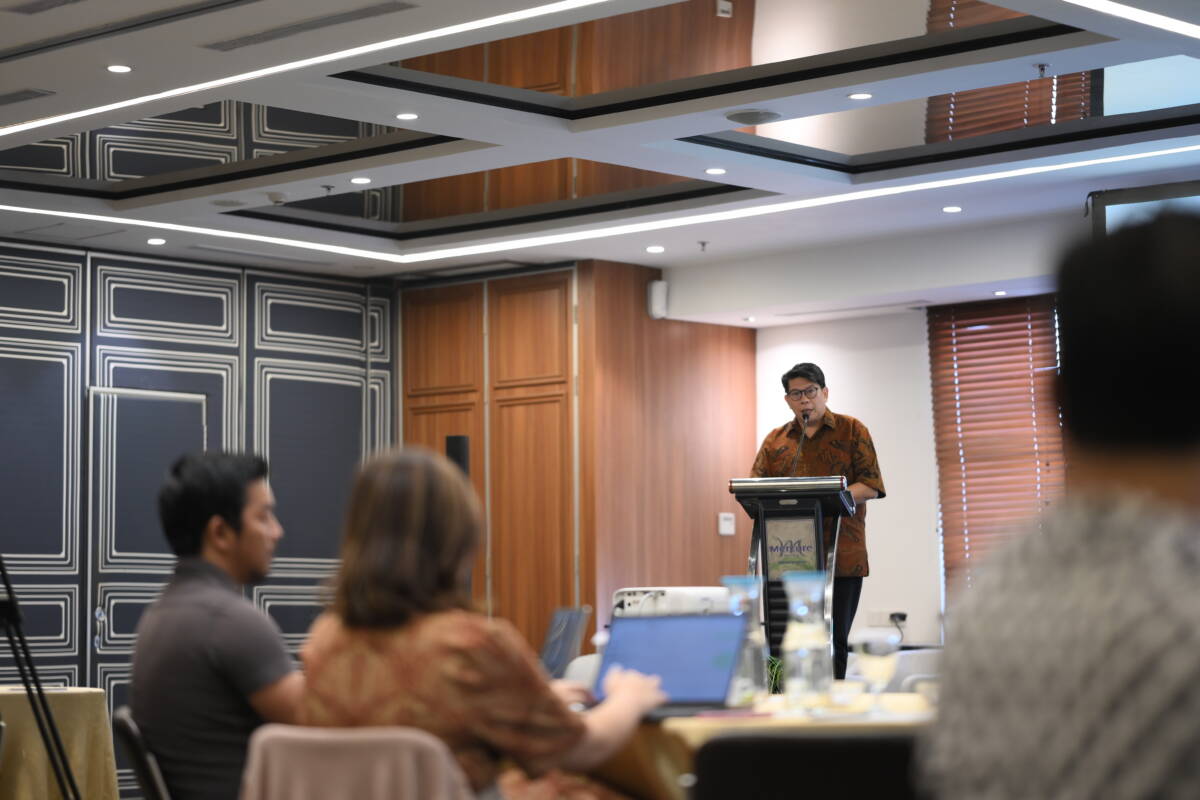
Indonesia Has 333 GW of Financially Viable Renewable Energy Projects
Jakarta, February 27, 2025 – Indonesia’s vast technical renewable energy potential, exceeding 3,686 GW, is a crucial asset for increasing the countr... Read more.

